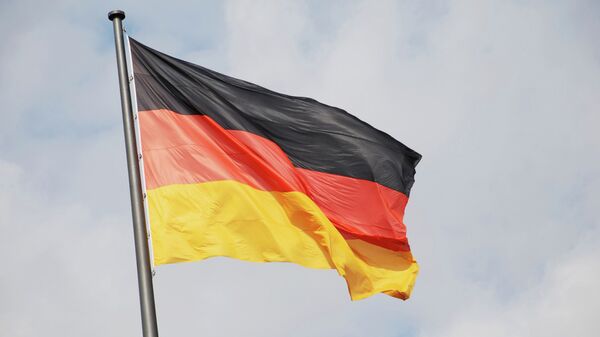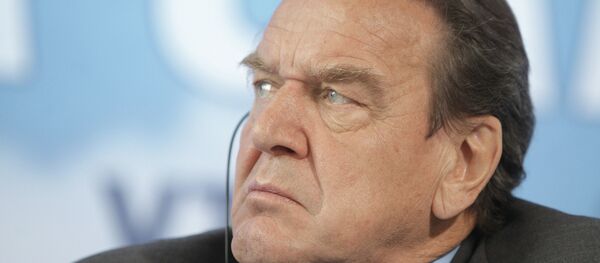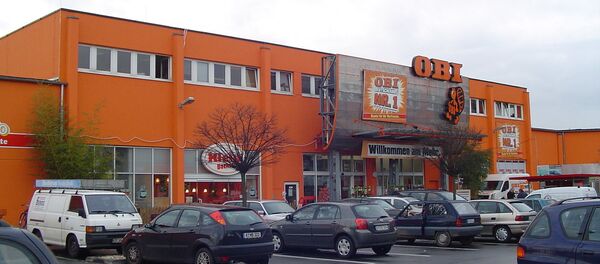"Indeed, Germany's course should be directed at detente and diplomacy. This should be implemented with greater expressiveness," Herta Daubler-Gmelin said, adding that the policy of de-escalation in geopolitical tensions will "pave the way to the future."
Daubler-Gmelin was among 60 prominent German representatives of political, economic, media and cultural spheres, who signed an open letter to the German government titled "War in Europe again? Not on our behalf!"
"We demand from the German government to strengthen the bridges and communication [with Russia], not to destroy them. We expect the same from the Russian government," Daubler-Gmelin stressed.
Political tensions between Russia and Germany have escalated over the Ukrainian crisis and Crimea's reunification with Russia.
Despite the fact that Germany was among the countries that imposed sanctions against Russia, the two countries continued to preserve relations based on mutual understanding and cooperation. However, after the G20 summit in November in Brisbane, Australia, German Chancellor Angela Merkel took a more hard-line stance toward Moscow.
On November 26, Merkel said that sanctions against Russia over its alleged involvement in the Ukrainian crisis would not be lifted as long as the situation in eastern Ukraine remained unsolved.





